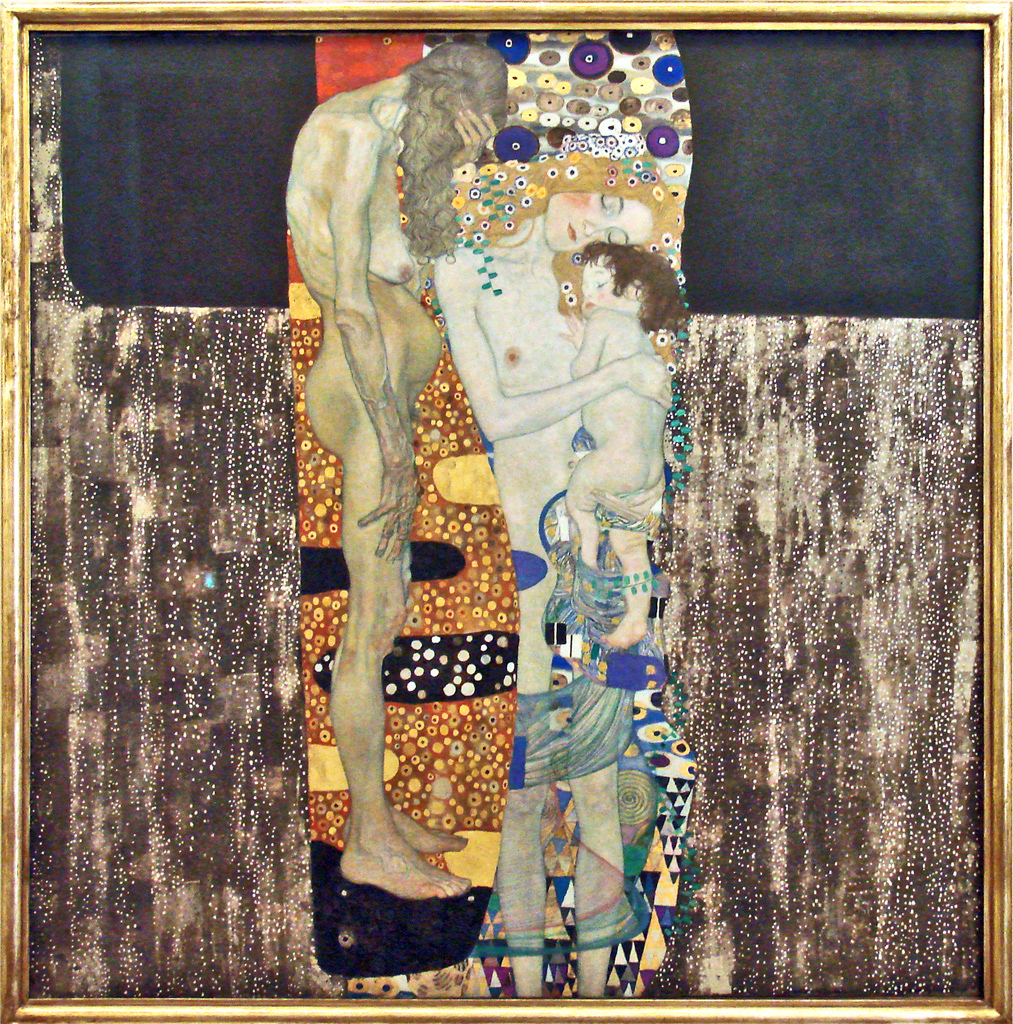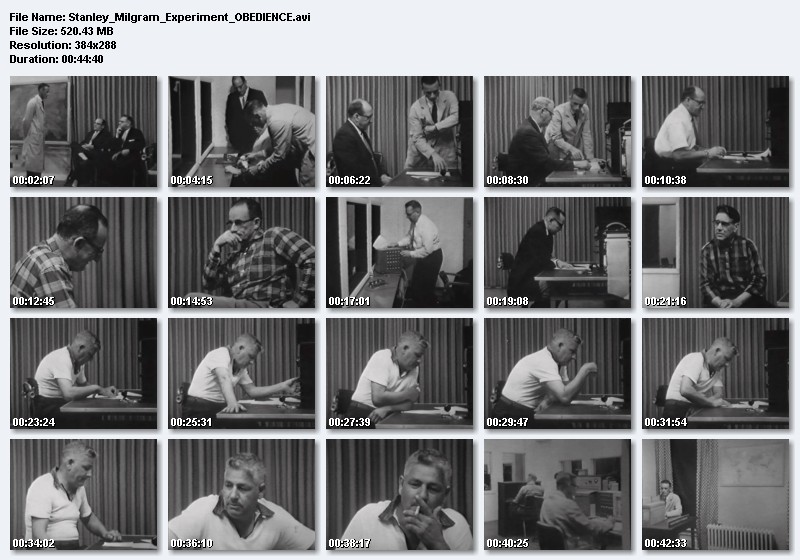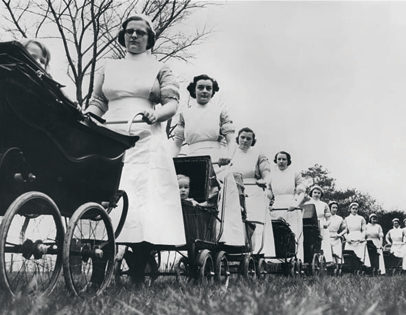Constructing and Deconstructing Selfhood Workshops (May and June 2015)
In May and June 2015, the Families, Identities and Gender Research Network hosted two linked training workshops, generously funded by ESRC Wales DTC, on ‘Constructing and Deconstructing Selfhood’. These innovative interdisciplinary workshops aimed to help postgraduate scholars to conceptualize and to problematize the role of identity in their own research. The workshops included presentations from experienced researchers and postgraduate speakers on research problems specific to their own projects, as well as sessions employing experiential methods training for students in small groups. These sessions were hosted by researchers from the social sciences and the humanities, in order to expose attendees to radically different quantitative and qualitative methodologies, and to encourage discussion of shared challenges and approaches across disciplinary boundaries.
Workshop 1
Keynote Lecture: Janet Fink (University of Huddersfield), Tracing the Diverse Narratives of Self in Relationship Research: Insights from a Multiple Methods Approach
Workshop: ‘The Self and the Hood: Researching Local and Transnational Identities’: Agata Lisiak (Humboldt University)
Postgraduate Panel
Amy Jones (Swansea University): ‘Walking Wales’ (winner prize for best postgraduate paper)
Paweł Wróbel (Aberystwyth University), ‘(De)constructing Polish Migrants’ in Wales Identity: Juxtaposing Fixed Generalizations with Formalized Conceptualizations
Hayat Benkorichi Graoui (Cardiff University), Communication in the Multi-Ethnic Classroom
Workshop: ‘Lost in Translation? Images, Audiences and Identities’: Helen Lomax (University of Northampton)
Discussion of Postgraduate Research Plans: ‘Finding the Self in Research: Questions, Problems, and Solutions’.
Discussants Helen Hodges (Swansea University), Emma Jones (Cardiff University) and Rhiannon Lane (Cardiff University).
Workshop 2
Keynote Lecture: Michael Ward (The Open University/Cardiff University), ‘From Labouring to Learning, Working-Class Masculinities, Education and De-industrialization’
Workshop: ‘Life-Writing: Constructing the Self, Constructing Others’: Melanie Bigold (Cardiff University
Postgraduate Panel:
Mark Oliver Llangco (Cardiff University), ‘Exploring Functional identities: Identity Work through Q-sorts’ (joint winner of prize for best postgraduate paper)
Melanie Morgan (Cardiff University), ‘Emotions, Feelings, and Findings’ (joint winner of prize for best postgraduate paper)
Workshop: ‘The World Technique’: Dawn Mannay (Cardiff University)
Introduction to Research on Families, Identities and Gender at Cardiff University(March 2015)

On Wednesday 4th March 2015 the group hosted a session at which existing members of FIG and scholars interested in the group gave brief introductions to their research. The aim of this event was to demonstrate the diverse research on families, identities and gender currently undertaken at Cardiff University, and to help researchers working on cognate topics in different Schools to make connections with each other. The programme is reproduced below.
Panel 1: Identity, Community and Culture
David Doddington (SHARE), ‘Gender and Identity in 19th Century Slave Communities’
Virpi Ylänne (ENCAP), ‘Discursive Representations of Ageing and Reproduction’
Erin Roberts (PSYCH), ‘Energy Consumption in Everyday Life’
Panel 2: Families, Health and Social Care
Jeremy Segrott (SOCSI), ‘Young People, Families, and Alcohol Misuse’
Geraldine Hastings (School of Healthcare Sciences), ‘Families and Gender in Health and Social Care’
Panel 3: “Ideal” Families and Human Rights
Erich Hou (LawPol), ‘Same-Sex Marriage and Civil Rights’
Joanne Payton (SOCSI), ‘Family Structure and “Honour”-based Violence in Kurdistan’
Emotion and the Researcher Workshops (January and March 2014)
In January and March 2014, FIG co-hosted two workshops on ‘Emotion and the Researcher’ with the Women’s History Network (West of England and South Wales). The aim of these events was to explore the role of emotion in the research process across a range of disciplines, and in different research contexts. The workshops featured historians, social scientists, literature scholars, geographers, and physiotherapists, and provided an opportunity to reflect on the difficulties (and rewards) of mediating emotion through personal relations, texts, and sources; the researcher’s responsibility (or not) to acknowledge emotion in her writings; and the social and political implications of ’emotion work’.
Call for Papers (closed November 2013)

For most academic disciplines, objectivity is both an ideal and a guiding principle of research – objectivity is perceived as essential to maintaining scholarly standards. Yet being human inevitably involves having a point of view. Researchers are not disembodied machines, but humans who have feelings and make choices. Emotions are always present during the research process and affect the final outcomes, although disciplinary conventions often work to disguise them. This workshop will therefore investigate the role of emotion across a range of research disciplines. Some potential questions which papers might address are:
- What conscious or unconscious emotional decisions are involved in the selection of research topics?
- During the research process, what work do researchers perform to ensure that the “right” emotional relation – of distance or closeness – is maintained to the subject?
- How do different disciplinary conventions work to encourage researchers to acknowledge, deny, or disguise the emotional relation to the subject?
- How do researchers cope with topics which provoke difficult, and often unexpected, emotional reactions – for the researcher, participants, and/or readers?
- To what extent should objectivity be an ideal for different disciplines, and how do concepts of objectivity operate to “hide” emotional processes which should be acknowledged?
- Does emotional involvement in a project have a tangible effect on the outcome, such as increased/decreased productivity, or success/failure in funding applications?
- What is the relation between emotion in research and emotion in teaching?
- How do researchers manage potentially awkward or disturbing emotions in seminar situations, and what is the responsibility of tutor to students when dealing with these kinds of emotions?
We welcome papers from postgraduate scholars as well as established researchers, and hope to encourage conversation across a range of disciplines. We are looking for papers which address questions which are always present but often unacknowledged, and which reflect on the research process rather than simply giving the results of research.
Workshop 1 Programme:
Panel 1: Emotional Topographies and Research Sites
Gabriela Todd (Pedal Power), ‘The Implications of Researching a Leisure Activity for Children and Young People with Cerebral Palsy in a Public Facility’.
Rebecca Dimond (SOCSI, Cardiff University), ‘Individual and Collective Displays of Emotion at Conferences’.
Lisa Sheppard (ENCAP/ WELSH, Cardiff University), ‘“Very Black and Very Welsh”: Entering the Debate on Bilingualism, Multiculturalism and Racism in Welsh Literature and Culture’.
Panel 2: Subjectivity and Subject Positions
Erin Roberts (SOCSI, Cardiff University), ‘Traversing Rural Landscapes of Energy Use: Perspectives From A Transient Insider’.
Kate Mahoney (History, University of Warwick), ‘Emotion and the Feminist Researcher: Writing Histories of the Women’s Liberation Movement’.
Garthine Walker, (SHARE, Cardiff University), ‘Baring/Bearing Emotional ‘Truths’ in Interpreting Legal Testimony c.1590-c.1750’.
Panel 3: Reflexivity and Research Relationships
Kath Holden (History, UWE), ‘Researching the Histories of Single Women and Nannies: Emotional Boundaries and the Interview Process’.
Sophie Bowlby and Caroline Day (Geography and Environmental Science, Reading University), ‘Reflections on Researching the ‘Personal Communities’ of Women in their Fifties: Emotions, Disclosures and Reflexivity’.
Dawn Pickering (School of Healthcare Sciences, Cardiff University), ‘The Transitional Journey to Hear Children and Youth with Cerebral Palsy’s “Voices” About Adaptive Cycling’.
Workshop 2 Programme:
Panel 1: Mediating Personal Experience in Research and Practice
Sally Anstey (SONMS, Cardiff University), ‘How Personal Experience Impacts on Professional Role in Care at the End of Life’.
Abdul-Azim Ahmed (SHARE/ SOCSI, Cardiff University), ‘Managing Emotion, Embracing Subjectivity: Reflexivity in the Field’.
Ramona Braun (History and Philosophy of Science, University of Cambridge), ‘Steptoe Would Have Operated On Me’.
Panel 2: Researcher Identity and Reflexivity
Mary Morris and Andrea Davies (The Family Institute, University of South Wales), ‘Being Both Researchers and Subjects: Attending to Emotion Within a Collaborative Inquiry’.
Geraldine Hastings (Cardiff School of Healthcare Sciences), ‘The Emotion of “Doing Ethics” in Healthcare Research: A Researcher’s Reflexive Account’.
Janet Fink (Faculty of Social Sciences, Open University), ‘ “I’m Very Conscious of How Protective This Makes Me of Them”: Insights and Challenges in Research with “Hard to Reach” Couples’.
Panel 3: Disciplines and Genres: Finding a Form for Emotions in Research
Stephanie Clayton (ENCAP, Cardiff University), ‘The Relationship Between Emotion and the Researcher in the Genre of Life-writing’.
Tracey Loughran (SHARE, Cardiff University), ‘Blind Spots and Moments of Estrangement: Revealed and Concealed Subjects’.
Dawn Mannay (SOCSI, Cardiff University), ‘Emotion and the Researcher: Communicating Affect in Academic Spaces’.
Roundtable with Professor Jenny Bourne Taylor (May 2013)

In May 2013 FIG hosted a roundtable discussion on Sarah Grand’s The Beth Book (1897), led by Professor Jenny Bourne Taylor (University of Sussex). The Beth Book (1897) is a semi-autobiographical novel offering a portrait of the artist as a young woman. Grand’s compelling story recounts in vivid detail the childhood of her young heroine, Beth, a spirited and intelligent girl who challenges the limitations of provincial life in Ireland and Yorkshire. Following an early and unhappy marriage, Beth recreates herself as a New Woman, setting a high standard both for herself and for other women. Grand’s extraordinary recall of childhood emotions, avoiding Victorian sentimentality, makes The Beth Book a convincing and captivating chronicle of female adolescence. The coming of age and sexual awakening of Beth broadens into a consideration of wider social issues, such as marital violence, vivisection, and the sexual double standard.
The discussion led by Professor Bourne Taylor explored many of her interests, including interdisciplinary approaches to nineteenth century literature and culture, in particular how emerging debates in psychology – on identity, consciousness and unconscious mental activity – were appropriated and transformed in fictional narrative. You can find out more about her edition of The Beth Book here.
FIG Symposium (November 2011)

In November 2011 FIG held its first symposium, featuring speakers from a number of Cardiff schools, and postgraduate researchers as well as more established scholars. The eclectic programme explored family, identity and gender from a range of perspectives. Speakers included Tracey Loughran (SHARE) on feminism, infertility and popular women’s magazines in 1960s and 1970s Britain; Jacquie Lee (SOCSI) talking about the role of gender and family within the policy and practice of Integrated Family Support Services; Alegra Hummel (PSYCH) on pubertal timing, family functioning, and substance misuse in adolescence; Ceri Fidler (formerly of SHARE) on the family lives of South Asian seafarers in the first half of the twentieth century; Dawn Mannay (SOCSI) on young girls’ conceptions of masculinities; Katy Bowen (PSYCH) on emotion recognition and regulation in a young offender sample; and Sarah Hayes (SOCSI) on the effects of “coming out” on sibling relations. The symposium closed with a paper by Professor Karen Henwood (SOCSI), based on research conducted with Fiona Shirani and Carrie Coltart, on ‘Representing gender and risk: reflections from a temporal and psychosocial study of masculinity and fatherhood’.
Supplementing the Family: Friendship and Beyond (March 2011)

At this event, Dr Melanie Bigold (ENCAP) led a discussion on representations of alternatives to the family, specifically with regards to same-sex friendships. The discussion ranged around literary texts from Montaigne through to eighteenth-century Bluestockings, and considered the cultural capital of friendship in both private and public relations.
The Trouble with Parents: The Family and Children’s Literature (February 2011)

Dr Siwan Rosser (WELSH) led a discussion about ideological constructions of the family in children’s literature. The group considered the extent to which notions of the “traditional family” are rigid and unchanging, and what happens to families when they deviate from the ‘domestic ideal’. These important issues were enlivened through examples from Welsh children’s literature.
Carrie Hammond, ‘Individual and Family Experiences of Genetic Investigation’ (December 2010)

At this event, Dr. Carrie Hammond (Guy’s Hospital, London) discussed individual and family experiences of genetic investigation based on her own research on epilepsy and genetic counselling. Genetic counselling is the process by which patients or relatives at risk of an inherited disorder are advised of the nature of the disorder, the probability of developing or transmitting it, and how to prevent, avoid, or ameliorate it. The paper focused on the role of genetic counsellors as channels of communication between the worlds of medical science and patient care, and the ways in which they negotiate a range of complex emotional and ethical issues.
Katherine Holden, “Nanny Said”: Hearing the Nanny’s Voice in Twentieth-Century Britain (November 2010)

Dr. Katherine Holden (UWE) shared her experiences of researching the history of the nanny. This paper focused on Dr. Holden’s oral history research on nannies, and included consideration of the emotional attachment of children to nannies, siblings’ different experiences of care, and the often awkward position nannies occupied within the family structure. As “outsiders” on the “inside”, with responsibility for some roles performed by mothers, nannies provide an excellent case study for thinking about the relations of family, identity, and gender.
FIG Launch Event (October 2010)

The launch event introduced the group’s theme for 2010-11, ‘The Family’. The discussion among the group and attendees suggested that the rhetoric of ‘family’ conceals as much as it reveals: it is used to encourage identification among certain individuals, while excluding others. This introduction was followed by short presentations from the founder members of FIG gave short presentations on the ways in which their own research explores families, identities and gender. In different ways, these presentations considered the status of ‘family’, ‘identity’, and ‘gender’ as concepts which are integral to everyday life, but are also fiercely contested.

